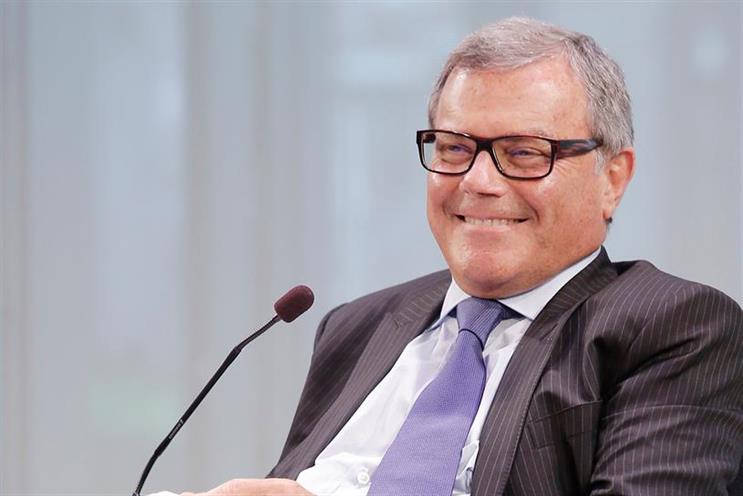
The WPP chief executive told 北京赛车pk10 he saw no signs yet that UK ad revenues were declining and going into recession, despite a slowdown in growth since the Brexit vote.
"You can’t look at our numbers and say there’s a recession," Sir Martin said, pointing out WPP’s net sales rose 2.7% in the UK in the third quarter, marginally slower than in the first half of 2016.
He expects 2017 "will be more of the same" with traditional media including press and TV feeling the squeeze. That chimes with industry forecasts, which reckon the UK ad market will continue to grow next year, despite a slowdown, particularly in TV this autumn.
However, Sorrell expects Britain, which generates 14% of WPP’s global revenues, will grow more slowly because of Brexit, which he had strongly opposed ahead of the vote in June.
"I’ve always maintained GDP isn’t going to grow as fast as if we’d been part of the European Union," he said. "If GDP doesn’t grow as fast, the ad industry won’t grow as fast."
He warned "inflation is going to become a bigger issue" amid tension between manufacturers and retailers. WPP works for both Unilever and Tesco, which had a public spat about the price of Marmite last month.
Some multi-national companies headquartered in Britain have considered moving their domicile to another country because of Brexit and Sir Martin said he had looked at the idea but ruled it out – at least for now.
"There is very little benefit in us moving anywhere," Sorrell said, recalling how WPP moved to Ireland for tax purposes in 2008 and returned in 2012.
"Part of the reason we moved back from Ireland is we thought it was the right thing to do. There might be some marginal benefit to be in Holland or Ireland. But it’s very intangible. It is hard to quantify and may be impossible to quantify."
He left open the possibility of a move overseas, saying "it’s far too early to come to a view on that" because "you don’t know what the Government with negotiate with Brussels" over Brexit.
He told investors that advertisers are worried about Brexit. "Every client we talked to, almost without exception, every company with UK exposure, the first item of discussion is Brexit," he said.
Sorrell also promised that he will be "announcing an interesting joint venture" with two companies that are larger than WPP and will involve "addressable TV" – targeted, personalised advertising. He did not elaborate further.
WPP was the last of the big five ad holding groups listed on Western stock markets to present third quarter results and, in a new move this year, Sorrell has included his rivals’ revenue numbers in his quarterly results to show how his company is performing relative to its smaller peers.
WPP’s like-for-like group revenue growth of 3.2% in the last quarter was as good as Omnicom and better than Publicis Groupe and Havas. Only Interpublic grew faster. His rivals all reported results earlier in October.
Sorrell acknowledged that publishing his rivals’ figures spurred on competition. "We prefer to go last because we can give a much more considered opinion," Sorrell said, although he believes net sales is a more accurate measure of growth than revenue. Only WPP publishes net sales.
He believes the tension between advertisers and agencies in the United States may also be easing, following the Association of National Advertisers’ report in June into agency rebates and other "non-transparent" business practices, and pointed to recent comments by Marc Pritchard, the chief brand officer of Procter & Gamble, that urged the two sides to be conciliatory.
"As far as I’m concerned, there are no rebates in the US. All of the holding companies have been tarred unfairly by the same brush," he said, repeating a familiar refrain and claiming the problems lies in Japan and the Middle East.
Sorrell, who is 71, presented WPP’s results from New York, where he spoke to Radio 4’s Today programme at 3am local time, hosted a 90-minute presentation remotely with City investors in London between 5.30am and 7am local time, before going on to do more media interviews.




.jpg)
.jpeg)
